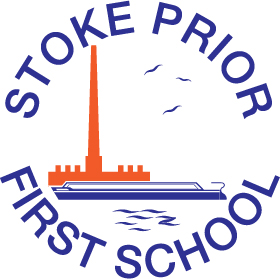Year 2
Welcome to Spring Term in Year 2!
Hello from the Year 2 team!
Mrs Anderson & Miss Mather

Miss Jacobs

Year 2 School and Eco Councillors
Year 2 School Councillors
Year 2 Eco Councillors
Reading, Spellings & Times Tables at home
It is expected that parents will support their child’s learning through nightly reading, times tables and practising spelling words. Creative tasks may be set at points during the year that children can complete to support class topics or other whole school themes e.g. arts week or science week.
Expectations for homework
- Reading: Children will receive a reading book from school, which they should read every day. It is also encouraged for them to read their own books at home too, to develop a love of reading and an experience of a range of genres. Please log all in reading in their diaries.
- Spellings: children will receive weekly spellings. Please support your child in learning these.
- Times tables: Children should be using the online platform Times table Rock Stars - https://ttrockstars.com/ regularly to practice these, so that they know all of their facts up to 12 x 12 by the end of Year 4. At least twice a week (2, 5, 10)
- Whole School Challenges: Throughout the year there are a range of special challenges e.g. make a bird feeders related to whole school initiatives. These tasks are optional and are in addition to homework set by class teachers.
Online Platforms (if you wish to do extra!)
Numbots - https://play.numbots.com/
Times table Rock Stars - https://ttrockstars.com/
Purple Mash - https://www.purplemash.com/
Thank you for taking the time to look at our class page and everything we are going to be learning this term. If you have any questions, please contact the office or speak to a staff member after school!



